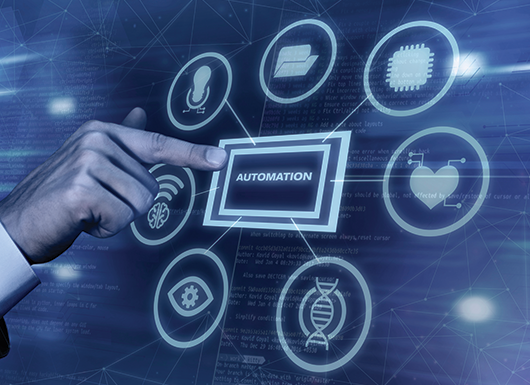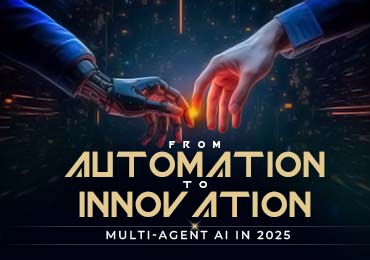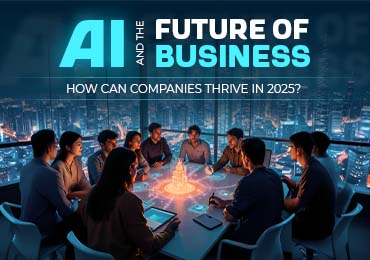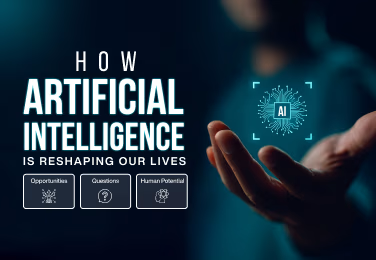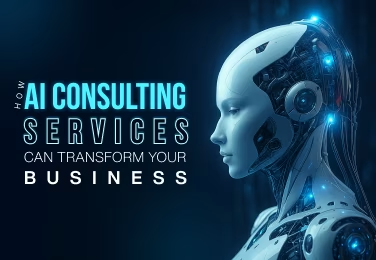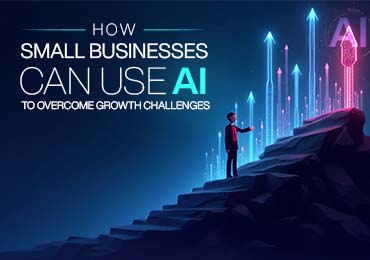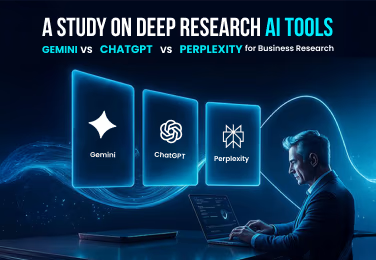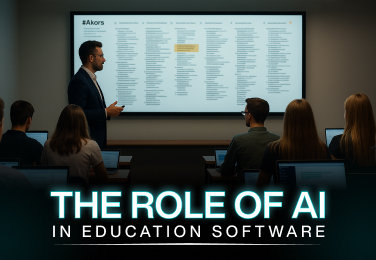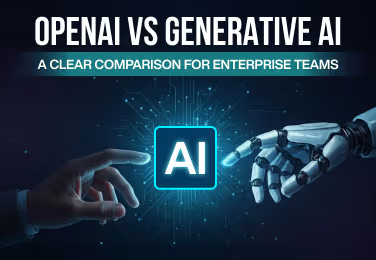AI Hallucinations: Why AI Sometimes Generates False Information
Artificial Intelligence (AI) has revolutionized various industries, from healthcare and finance to content creation and automation. However, despite its impressive capabilities, AI systems are not infallible. One of the most intriguing and concerning phenomena in AI development is AI hallucinations, where AI generates false or misleading information that appears credible. But why does this happen, and what are its implications? Let’s explore. What Are AI Hallucinations? AI hallucinations occur when an AI model generates incorrect or nonsensical responses that seem plausible. This phenomenon is most commonly observed in large language models (LLMs) like OpenAI's GPT, Google's Bard, and other generative AI systems. Hallucinations can also appear in image generation AI, producing distorted or inaccurate visuals. Why Do AI Hallucinations Happen? Several factors contribute to AI hallucinations, including the way AI models are trained and how they interpret and generate responses. Here are some of the primary reasons: Lack of Real Understanding: AI models do not possess true comprehension or reasoning abilities. Instead, they rely on statistical patterns and probabilities to predict the next word, sentence, or image in a sequence. As a result, they sometimes produce responses that sound logical but are factually incorrect. Incomplete or Biased Training Data: AI models do not possess true comprehension or AI models are trained on vast datasets from the internet, which may contain inaccuracies, biases, and outdated information. If the model encounters gaps in its knowledge, it may fabricate information based on related patterns. Overgeneralization: AI models do not possess AI models often generalize information based on patterns found in training data. If a model has seen similar inputs before but lacks precise details, it may make an incorrect assumption, leading to false or misleading outputs. Confabulation in Language Models: Just like humans, AI can “confabulate” when it lacks information. Instead of admitting uncertainty, it generates an answer that sounds authoritative, even if it is incorrect. This is particularly concerning in high-stakes domains like medical advice, legal counsel, and scientific research. Prompt Misinterpretation: Sometimes, hallucinations occur due to ambiguous or misleading prompts. If a user provides an unclear request, the AI may attempt to fill in the gaps by generating speculative or fictional content. Algorithmic and Model Limitations: Current AI models do not have reasoning capabilities or a direct feedback loop for verifying the correctness of their outputs. Unlike human researchers, AI cannot fact-check itself beyond the patterns it has learned. Examples of AI Hallucinations Fake Citations: AI-generated research papers sometimes include nonexistent sources Incorrect Facts: AI may claim that a historical event occurred at the wrong time. Misleading Medical Advice: AI-generated health information can be inaccurate or even dangerous. AI-Generated Images with Distorted Features: AI sometimes produces surreal or inaccurate images that do not exist in reality. Implications and Risks of AI Hallucinations AI hallucinations pose risks in various fields, including: Misinformation & Fake News: Spreading false information can mislead the public. Medical & Legal Risks: Inaccurate AI-generated advice can have serious consequences. Erosion of Trust: If AI continues to hallucinate, users may lose trust in its reliability. Bias & Ethical Concerns: AI hallucinations can amplify biases and stereotypes present in training data. How Can We Reduce AI Hallucinations? While AI hallucinations cannot be completely eliminated, researchers and developers are working on methods to mitigate them: Improved Training Data: Using high-quality, fact-checked datasets can help reduce incorrect outputs. AI Explainability & Transparency: Developing AI models that provide sources and explanations for their outputs can help users verify the information. Human-AI Collaboration: Encouraging human oversight in AI-generated content ensures accuracy and reliability. Feedback Mechanisms: Incorporating real-time feedback loops where AI learns from corrections can help refine its outputs. Conclusion AI hallucinations highlight both the impressive capabilities and inherent limitations of current AI systems. While AI can generate useful and innovative content, it is essential to approach its outputs with critical thinking and verification. As AI continues to evolve, improving its accuracy, reliability, and ability to distinguish fact from fiction will be key to its responsible adoption. We love to hear from you Contact Us

